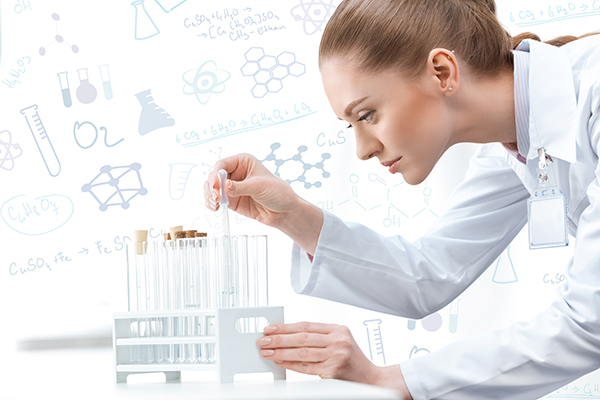Classically, the word “euphoria” has a positive connotation. Euphoria is defined as “a feeling of well-being or elation,” and it usually refers to the intense happiness people feel when they are engaging in an activity that they love, or undergoing an experience that stirs up an overwhelming sense of pleasure and excitement. Most feelings of euphoria are natural and healthy, and they subside once the activity or experience has ended. However, some people turn to chemical substances to experience a sense of euphoria. Chemical substances manipulate the chemistry of the brain, essentially tricking it into feeling certain ways.
Opiates Create Euphoria That Drives Addiction
However, repetitive exposure to a chemical substance that produces an unnatural sense of euphoria can be extremely dangerous – over time, the brain adapts to the presence of this chemical substance, and it has a more and more difficult time emitting the naturally occurring “feel good” chemicals (dopamine and serotonin) that are responsible for feelings of happiness, contentment, and joy. Many people abuse opioids to produce feelings of euphoria. Opioid-induced euphoria is particularly dangerous, because opioid narcotics are highly habit-forming and because they can quickly and permanently alter brain chemistry. 
What is the Science Behind Euphoria Produced by Opiates?
The science behind opioid-induced euphoria is not particularly complicated, though it can be difficult for individuals who are in the throes of active addiction to fully grasp the importance of quitting right away. Addiction is a disease of denial, and those who have been abusing opioid narcotics for any length of time often convince themselves that help isn’t necessary, saying things like, “I can quit on my own anytime I want to, I just don’t want to yet.” Or, “I don’t need to go to rehab, things aren’t that bad – I’m not hurting anyone else, so I wish people would just get off my back and leave me alone.” This level of denial is a symptom of addiction, and it is a symptom that tends to occur after the brain chemistry has already been altered and feelings of euphoria have already begun to dwindle. So how does opioid-induced euphoria work? In simpler terms – over time, the brain needs more of the opioid (whether that be a prescription painkiller, heroin, or a synthetic opioid like fentanyl) to feel the same amount of pleasure. Opioid narcotics cause significant dopamine surges, but after days or weeks of regular ingestion, the brain begins to acclimate to high levels of dopamine. Soon psychological dependence develops, and the user needs an extremely high dose of the opioid just to feel relatively normal. He or she feels as if functioning without it is not an option – and therein lies the addiction. Initial feelings of euphoria are quickly replaced by unmanageable cravings and a destructive mental obsession.
Evoke Wellness – Overcoming Opioid Addiction
At Evoke Wellness our team of licensed therapists and clinicians have combined decades of experience treating opioid abuse disorders of all severities. Because opioid addiction is a chronic and progressive disease, seeking professional help sooner rather than later is always a good idea. Overcoming opioid addiction is no small task, and it can rarely be accomplished without help. The chemical changes that occur in the brain over time can usually be reversed with long-term sobriety, however, depending on the severity of the substance abuse disorder medication might be necessary (in combination with intensive therapeutic intervention). Upon admission to our treatment program, we conduct an in-depth assessment which helps us determine which treatment methods will be the most beneficial for your unique case. If you would like to learn more about Evoke Wellness and our comprehensive program of opioid addiction recovery, simply pick up the phone and give us a call. Our treatment advisors are standing by to answer any questions you might have and to set up a date and a time for your assessment.


